April 19, 1803
New Orleans re-opens

James Madison receives news that the Spanish King has opened the port of New Orleans to United States merchants. Meanwhile, Meriwether Lewis completes his work at the Harpers Ferry armory.
New Orleans re-opens

James Madison receives news that the Spanish King has opened the port of New Orleans to United States merchants. Meanwhile, Meriwether Lewis completes his work at the Harpers Ferry armory.
Ellicott's instruments
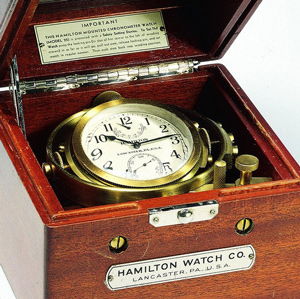
In Lancaster, Andrew Ellicott writes about navigational instruments he believes are for Meriwether Lewis. In Washington City, James Madison writes an alternate plan for the Louisiana negotiators.
Livingston's commission

In Paris, Robert Livingston asks for a better commission to negotiate the purchase of Louisiana. In Washington City, the U.S. Attorney General writes questions for Lewis to ask of the Native Nations.
Priced too high

In a letter to Thomas Jefferson written on this day, the American minister to France, Robert Livingston reports that the asking price of 125 million francs for the Louisiana Territory is too high.
Of vast importance
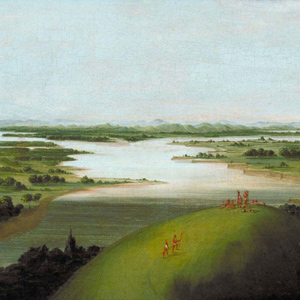
In Washington City, Secretary of the Treasury Albert Gallatin asks Thomas Jefferson to include a report on the fertility of the soil and species of trees his list of questions for Meriwether Lewis.
Talleyrand spills the beans

In Paris, Charles-Maurice de Talleyrand, tells U.S. Envoy Robert Livingston that Napoleon wants to sell the whole Louisiana colony. Napoloeon’s brothers try to change his mind.
Napoleon renounces Louisiana
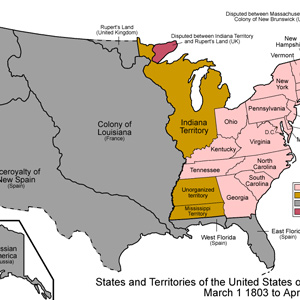
Napoleon decides to sell the entire Louisiana colony to the United States forever altering the history of the younger nation and a decision necessary for the success of Jefferson’s Western Expedition.
A British alliance?
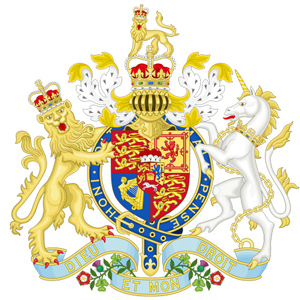
At a meeting of Jefferson‘s cabinet in Washington City, it is decided that an alliance with Great Britain regarding Louisiana should be pursued should negotiations to obtain that colony from France fail.
Federalist folly
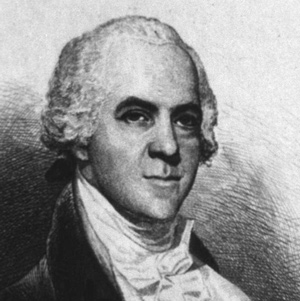
Monticello, VA Writing from his home, Monticello, President Thomas Jefferson comments on an editorial recommending immediate succession from the Union.
The Rio Norte
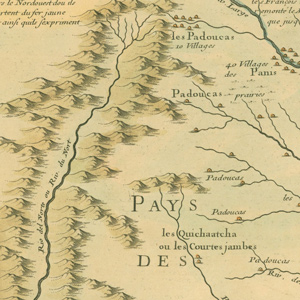
Monticello, VA Thomas Jefferson discusses the location of the “Rio Norte” with Secretary of the Treasury Albert Gallatin who has hired a cartographer to draw a map for the expedition’s use.
Lewis at Harpers Ferry
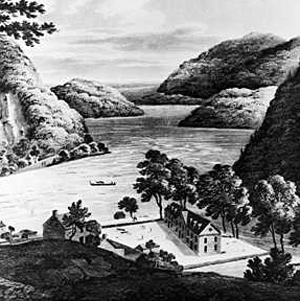
Harpers Ferry, WV From a letter written in April, we know that Meriwether Lewis is at the Harpers Ferry armory securing weapons, powder and lead, and overseeing construction of the iron-framed boat. President Jefferson discusses Louisiana negotiation strategy.
No movement in New Orleans

Monticello, VA President Thomas Jefferson replies to a letter from Secretary of State James Madison saying that the Intendant of New Orleans refuses to open the port of New Orleans to American commercial traffic.
Jefferson's letter made public
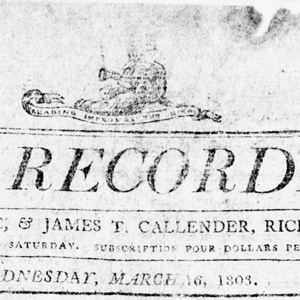
Richmond, VA The Richmond Recorder reprints Thomas Jefferson’s letter to Kentucky governor James Gerrard, explaining the administration’s effort to solve the closure of New Orleans through diplomatic means.
Appropriations
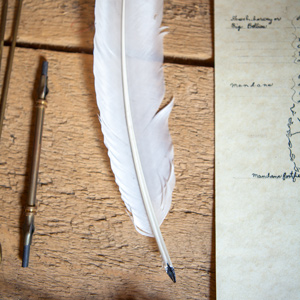
Washington, DC The expedition’s appropriation bill is made public, a warrant for $2500 is issued, and Lewis is granted access to the Harpers Ferry armory and Israel Whelan, “Purveyor of Public Supplies.”
New Orleans plans
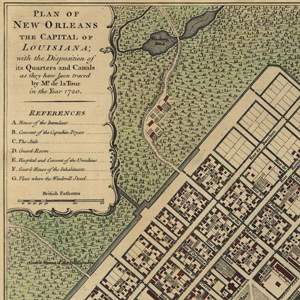
Paris, France The U.S. Minister to France, Robert R. Livingston, has only made plans for a solution to Spain’s closure of New Orleans to commercial traffic. Thomas Jefferson arrives home.
Thornton's Recapitulation
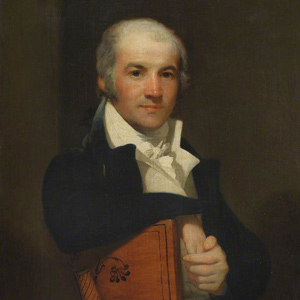
Philadelphia, PA The British Ambassador writes a letter to his superior explaining why he issued a British passport to Meriwether Lewis. En route to Monticello, Jefferson reaches Culpeper, Virginia.
Monroe travels to Paris
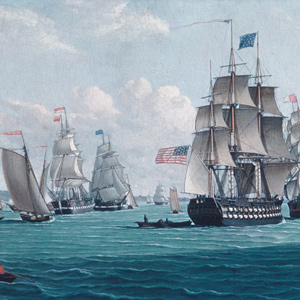
New York Harbor James Monroe and his family wait for the weather to allow their ship, the Richmond, to leave New York. He has been sent to assist with the Louisiana negotiations in Paris.
Jefferson's secret plans
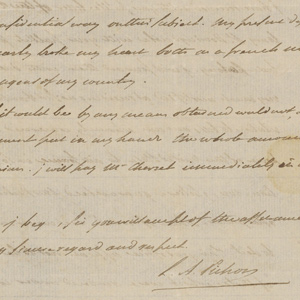
Washington, DC Louis-André Pichon, secretary to the French legation to the United States, explains with remarkable detail and accuracy Jefferson’s secret plans for the Western Expedition.
Jefferson's Mississippi strategy
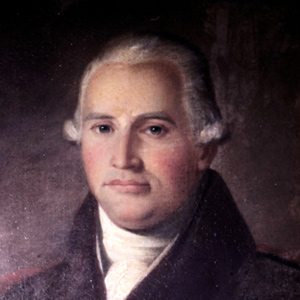
Washington, DC President Jefferson writes to a naturalist, surveyor, and scientist living in the Mississippi Territory, William Dunbar, explaining his strategy for obtaining New Orleans and the Floridas.
Madison's instructions
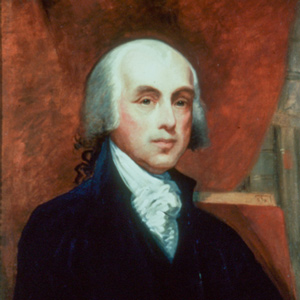
Washington, DC James Madison writes his instructions for negotiations with France, Thomas Jefferson asks Robert Patterson to tutor Meriwether Lewis, and the Board of Agriculture’s appeal to the American citizens is published.